Policing Project Tech Salon Series
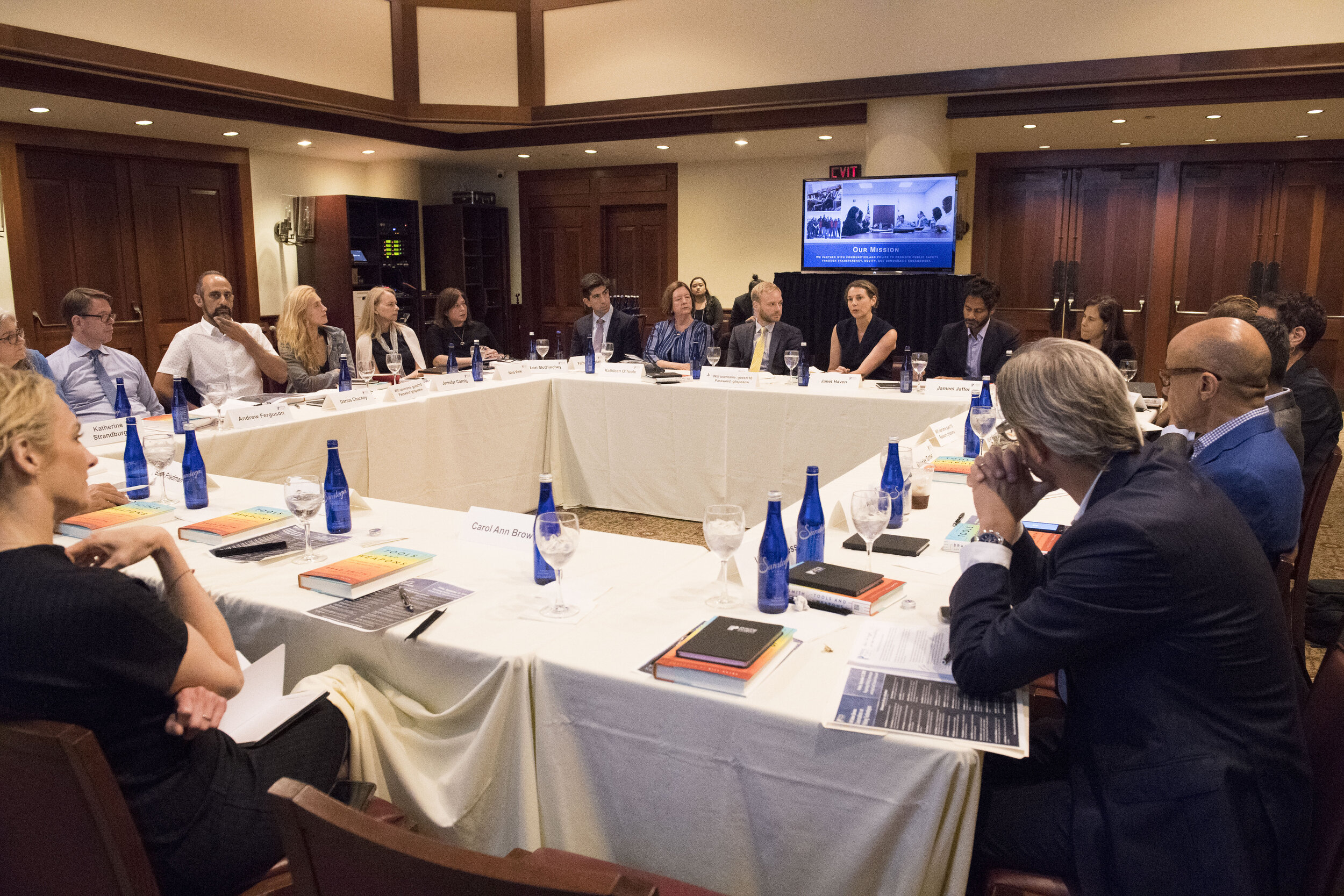
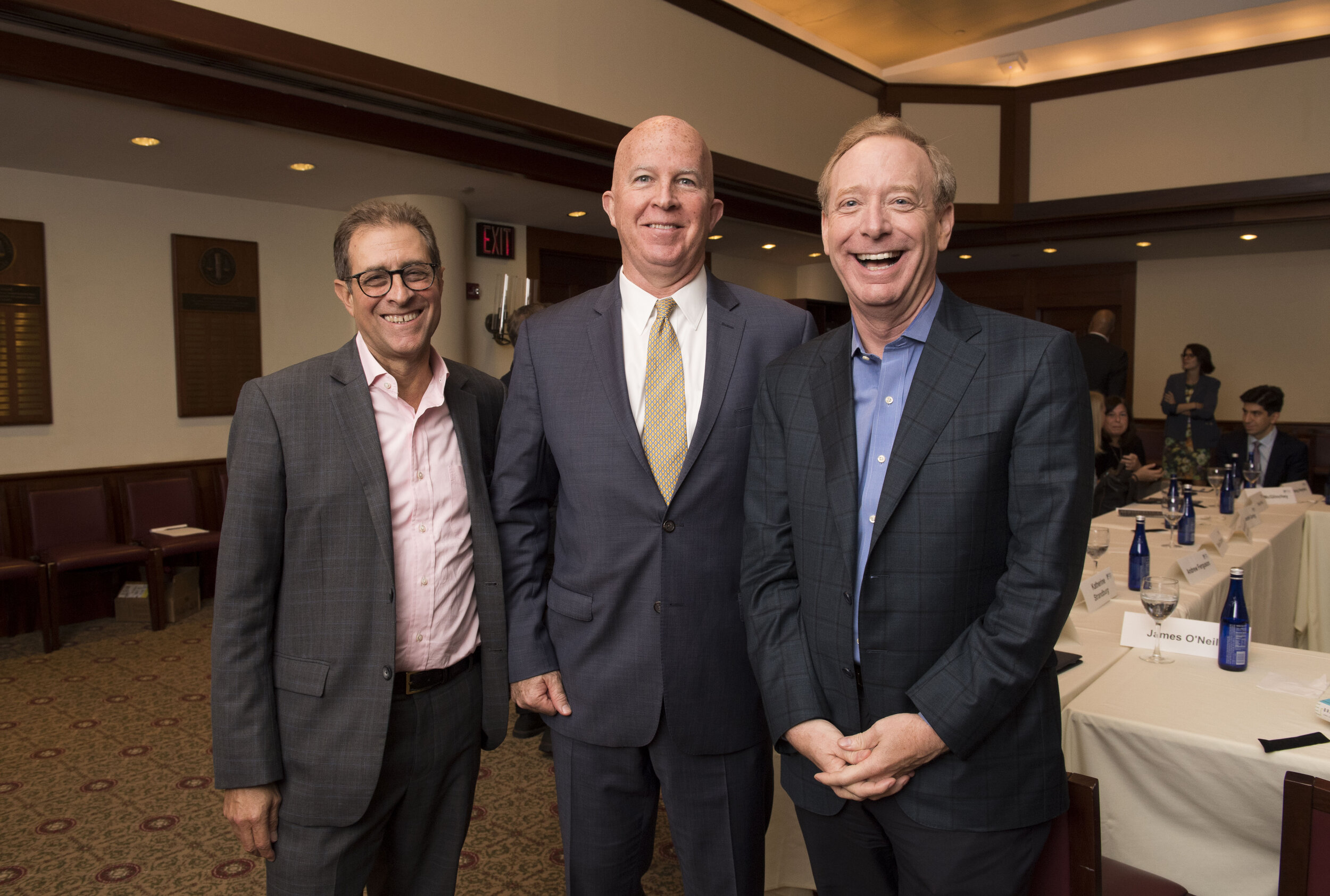
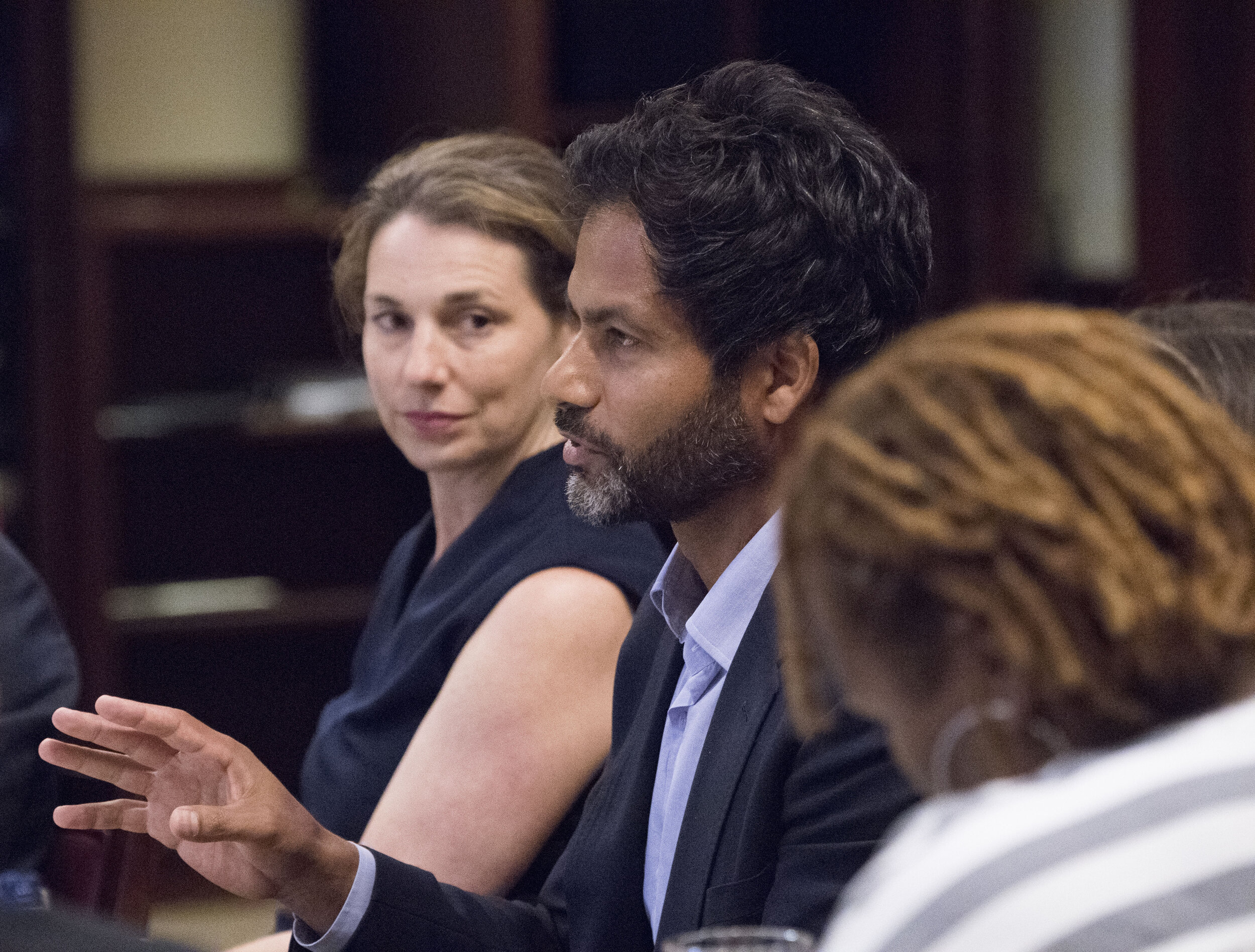
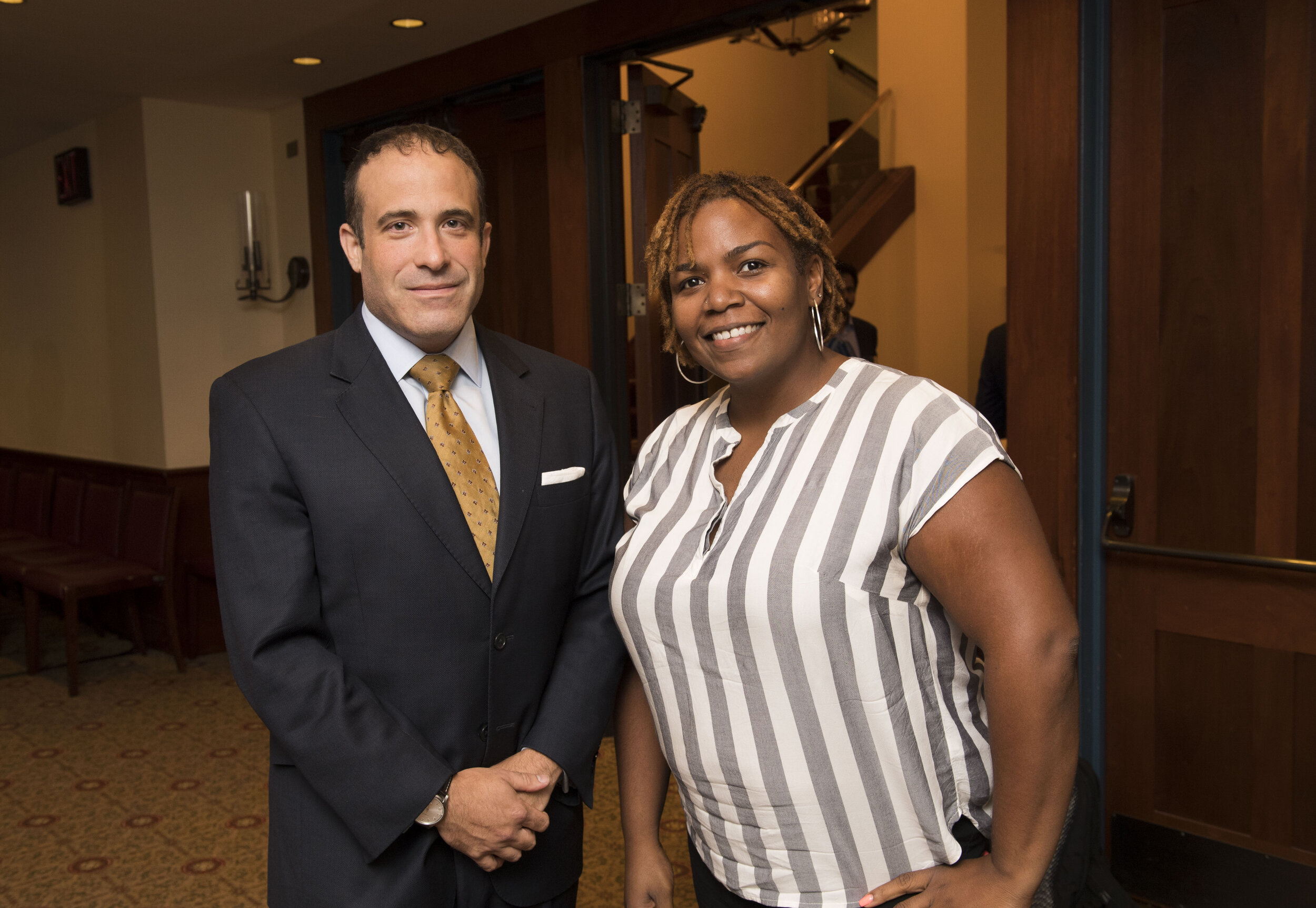
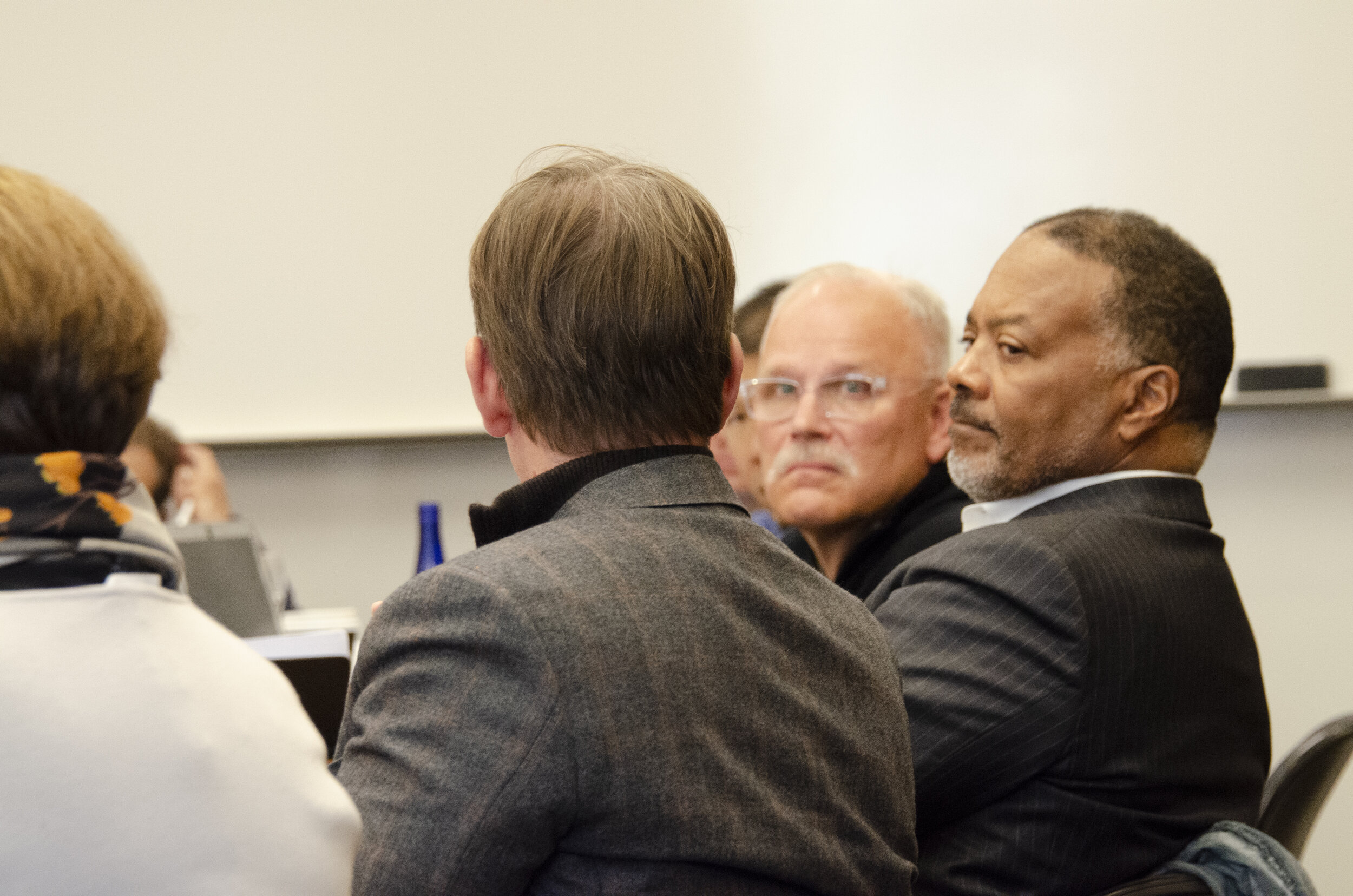
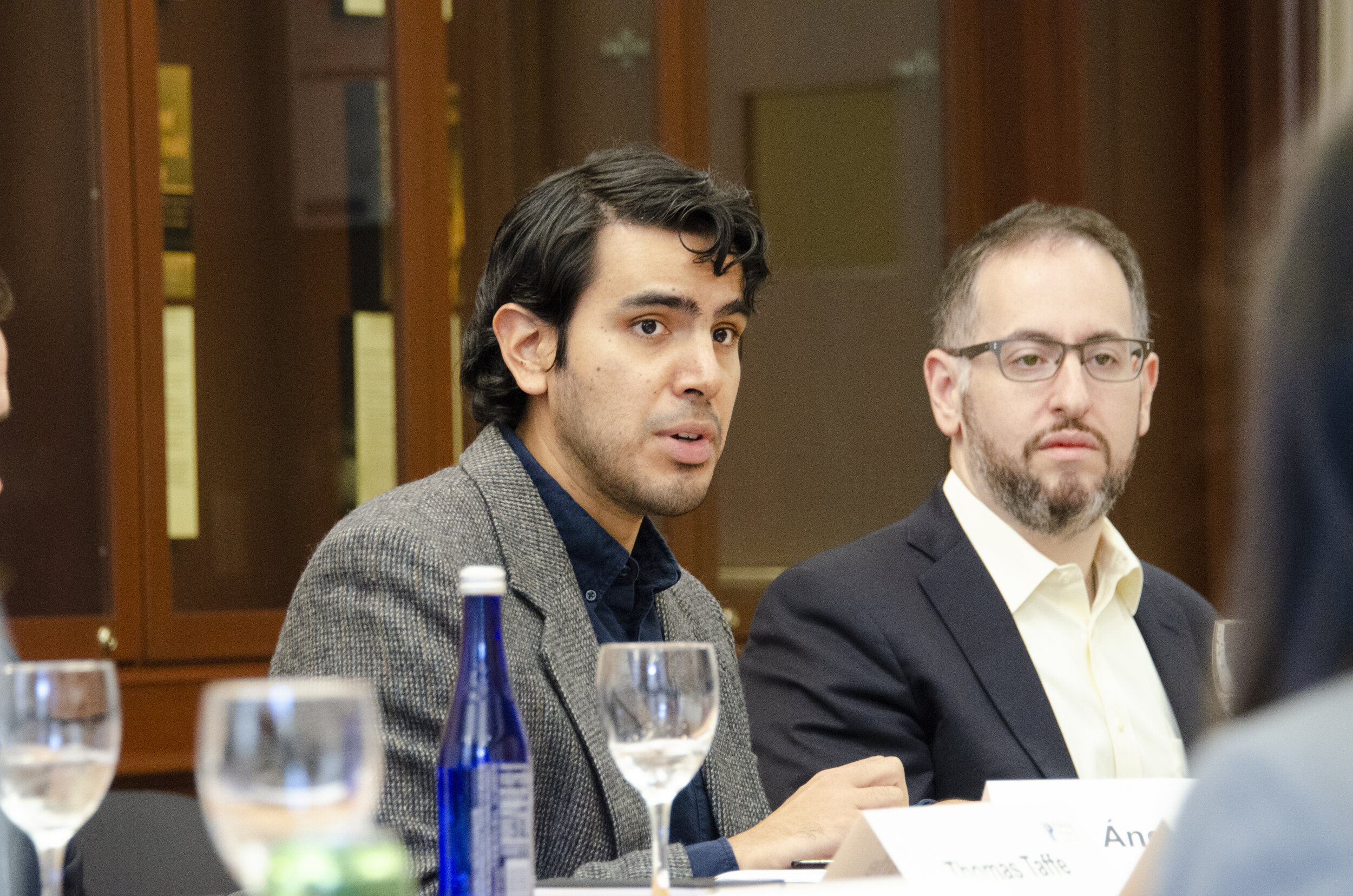
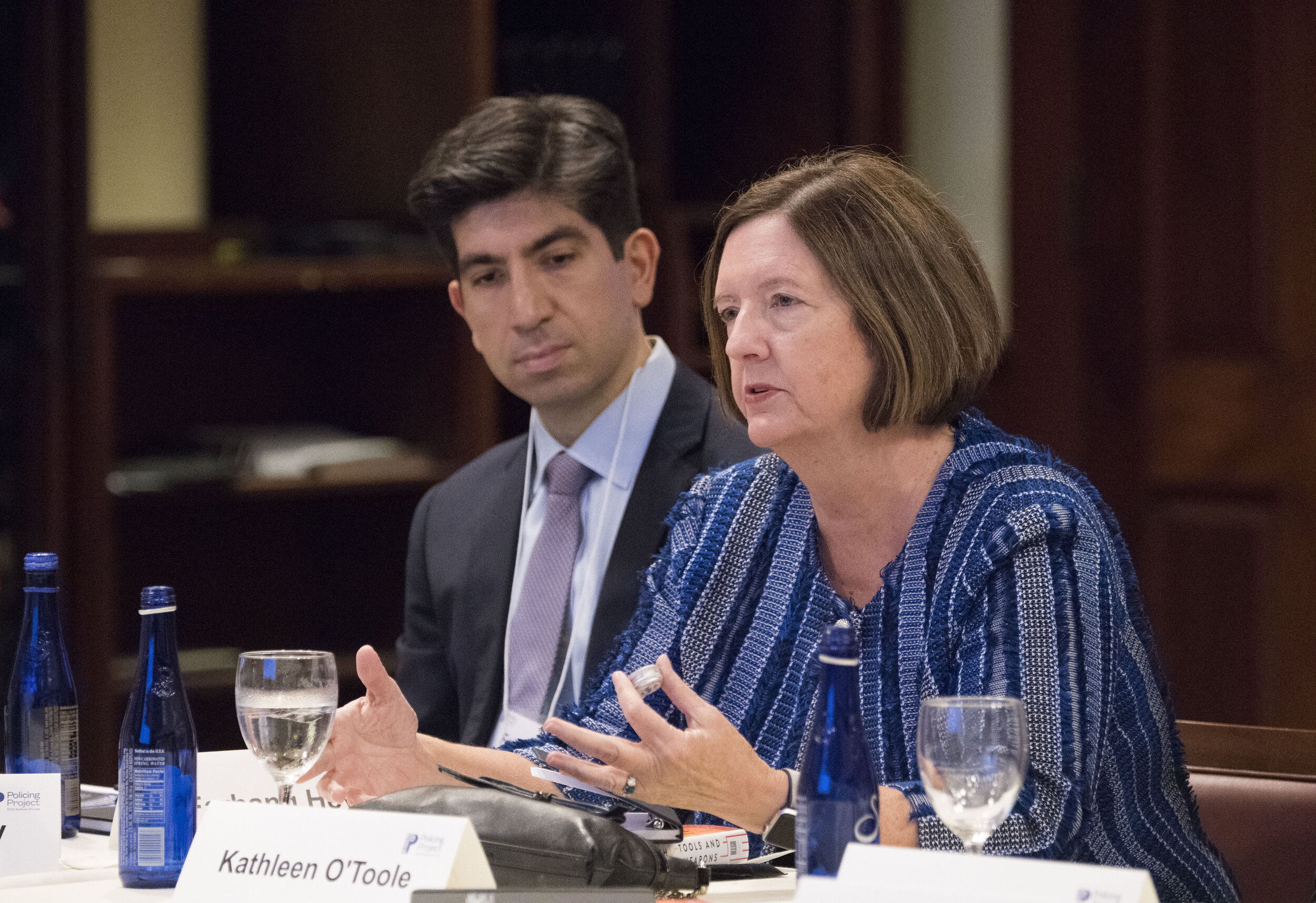
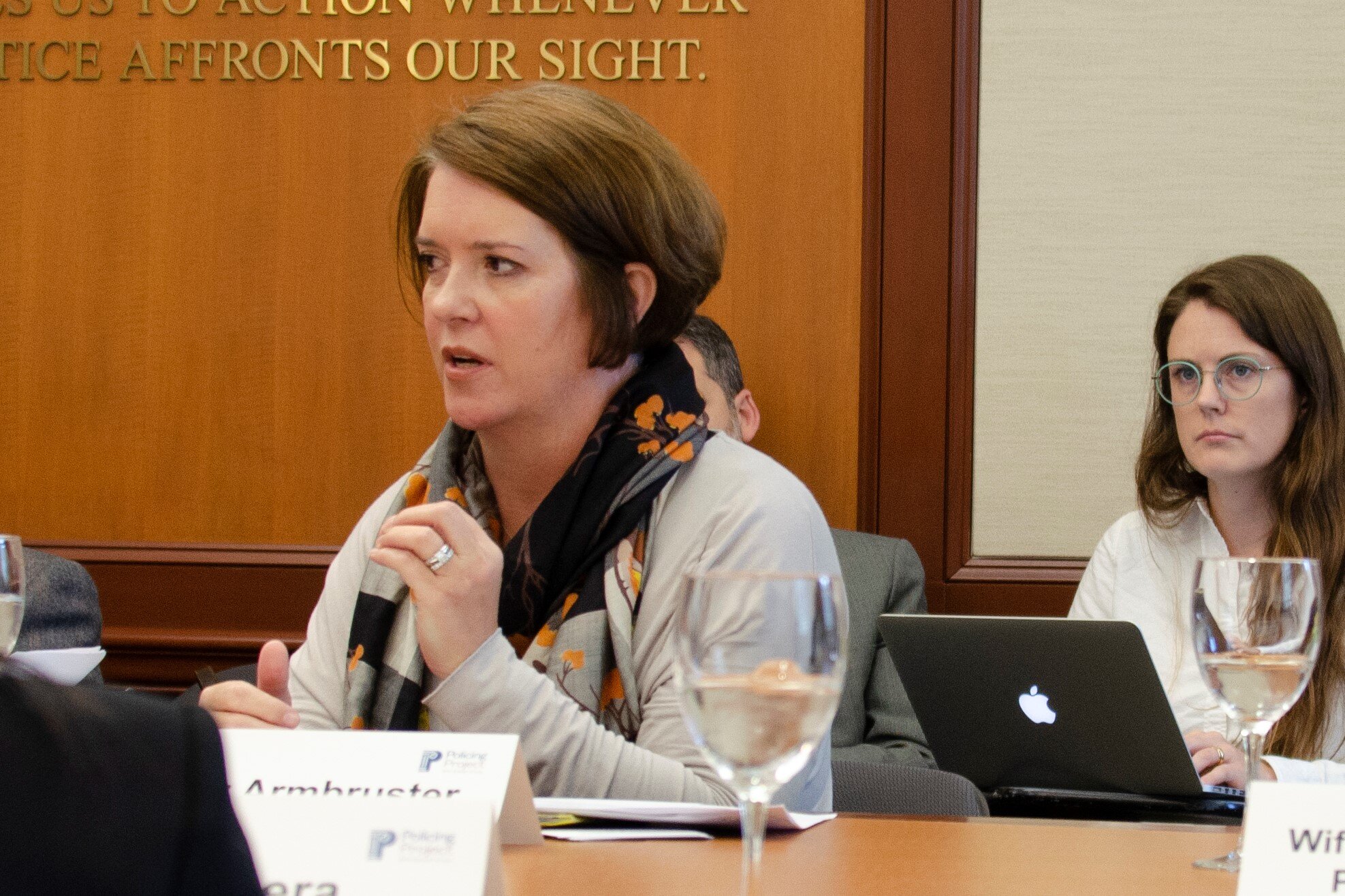
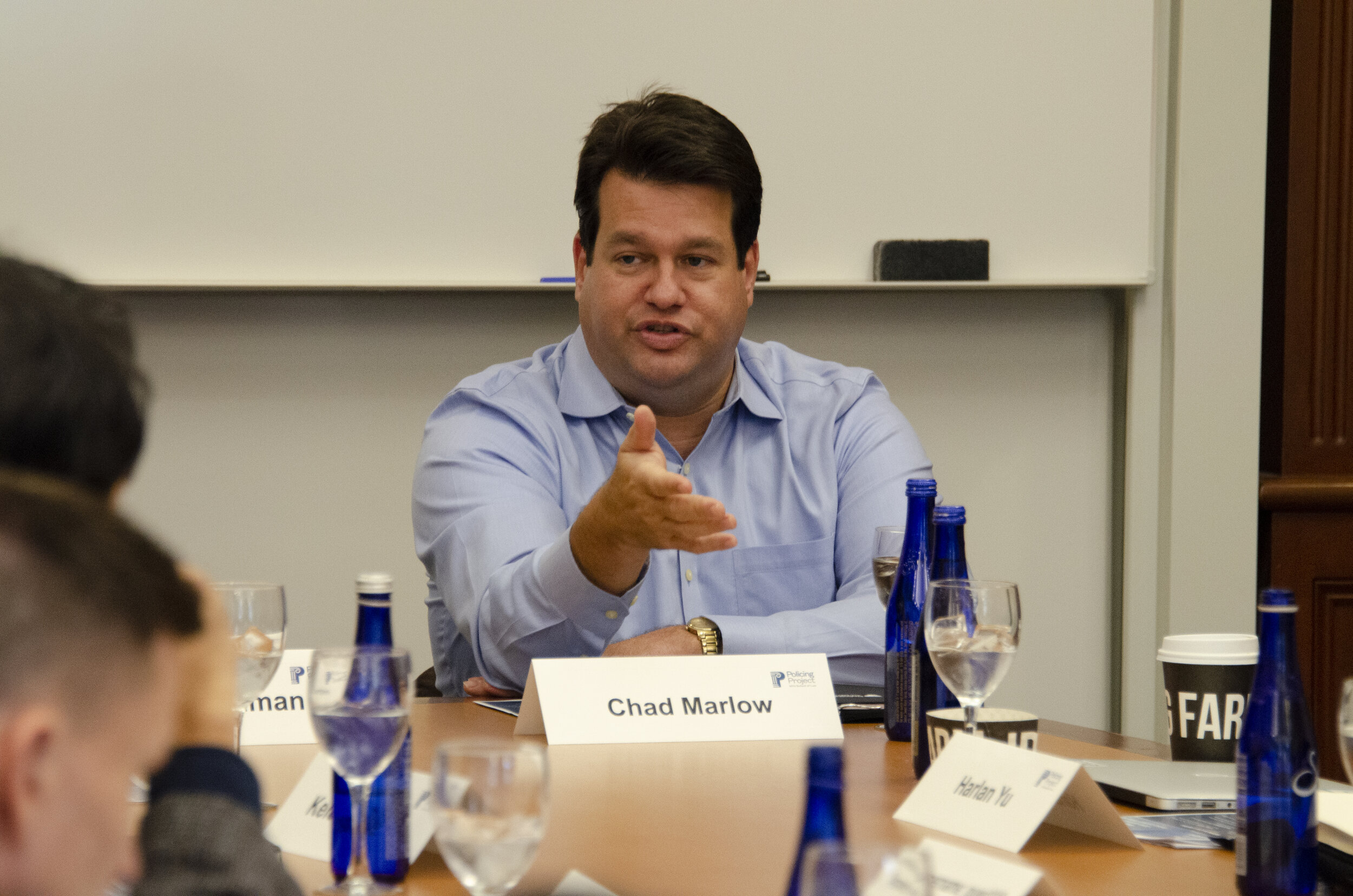
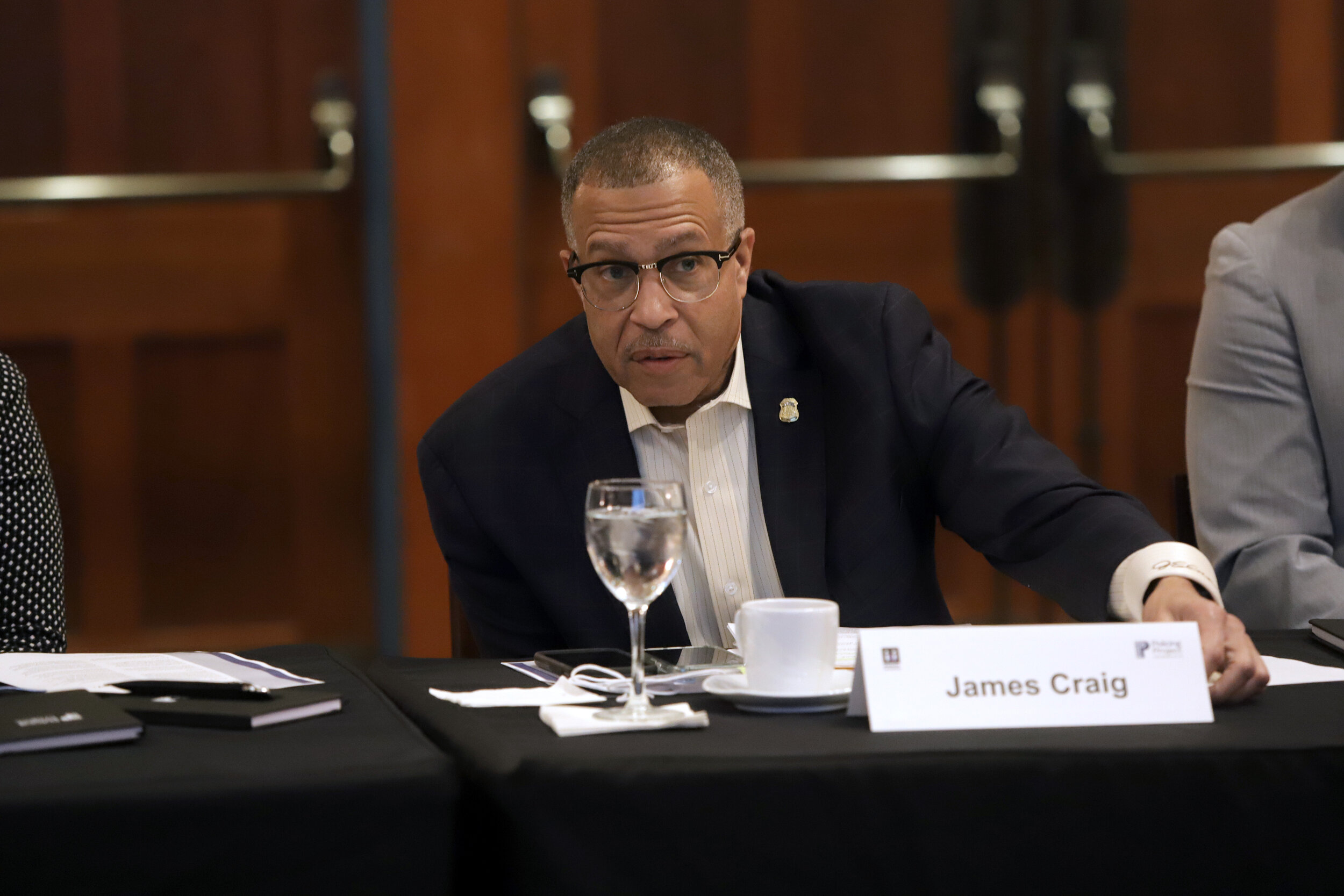
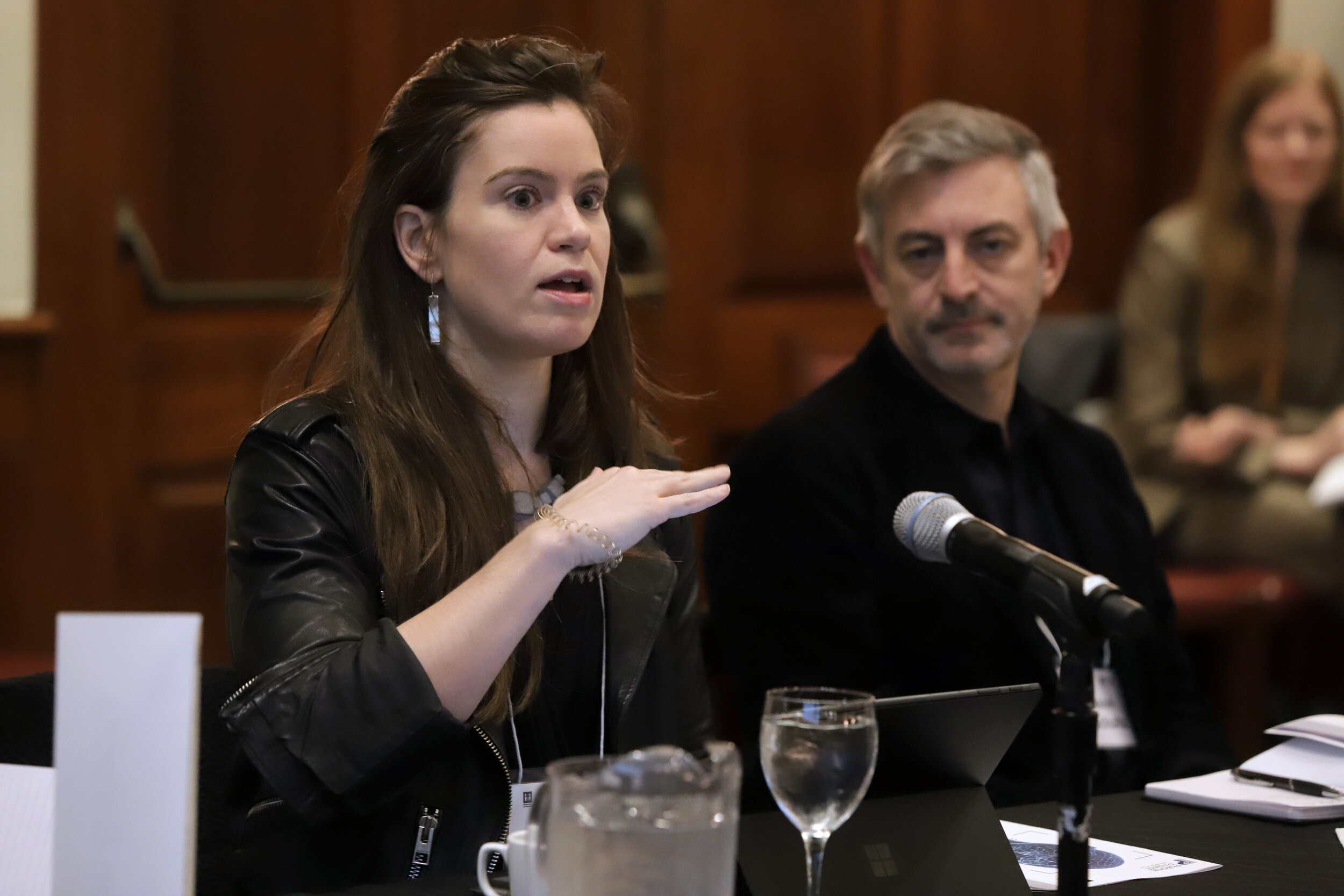
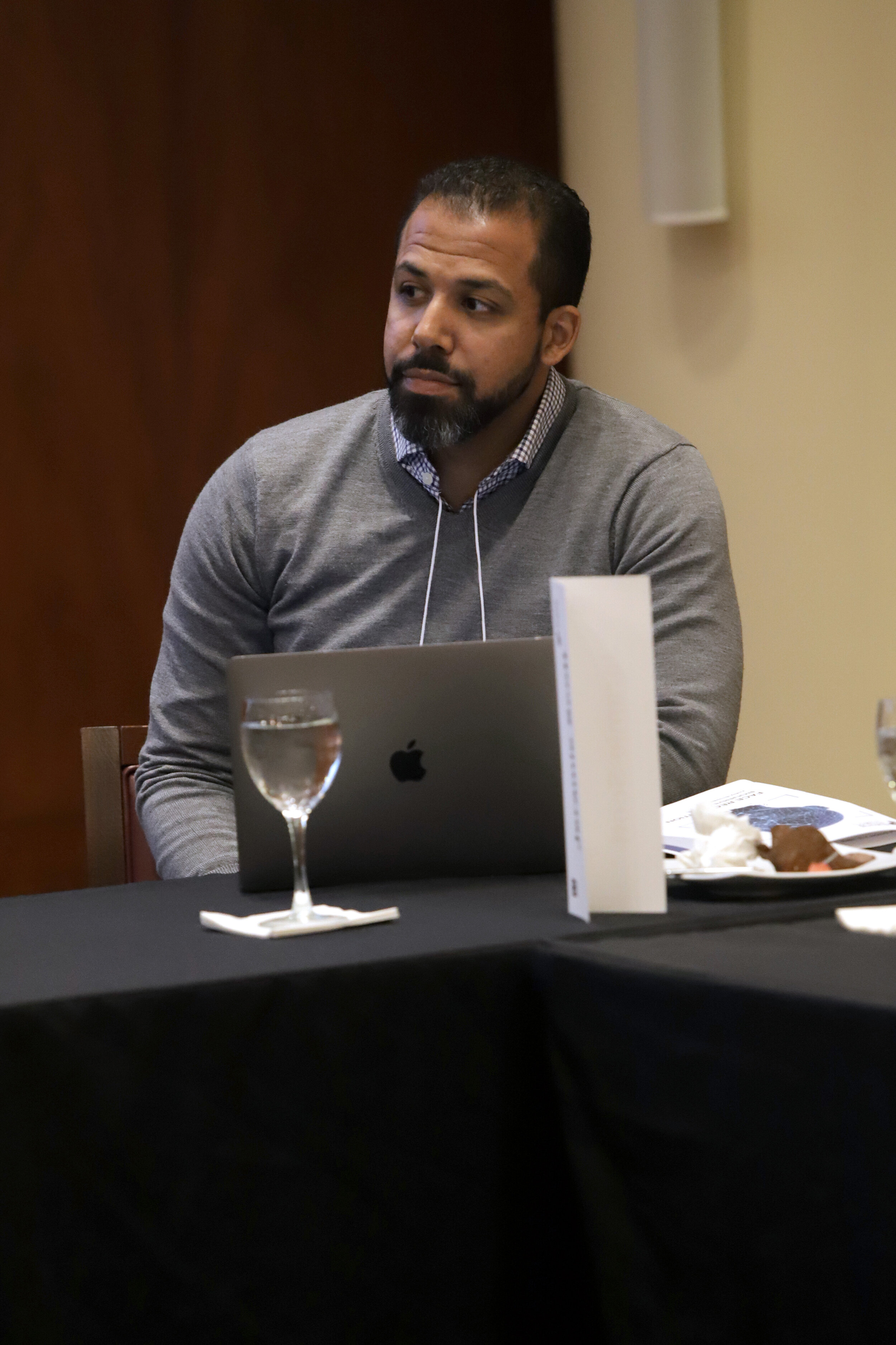
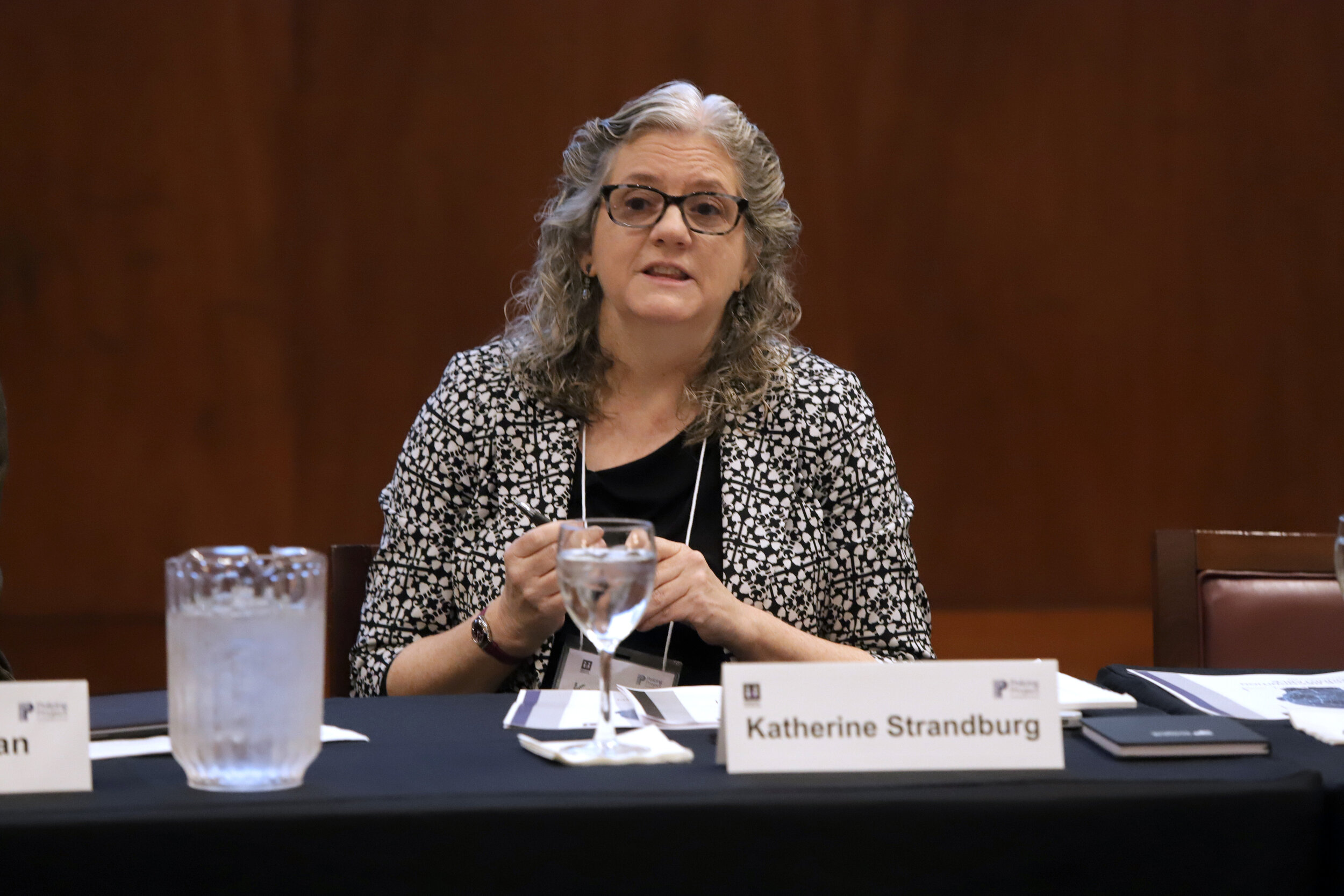
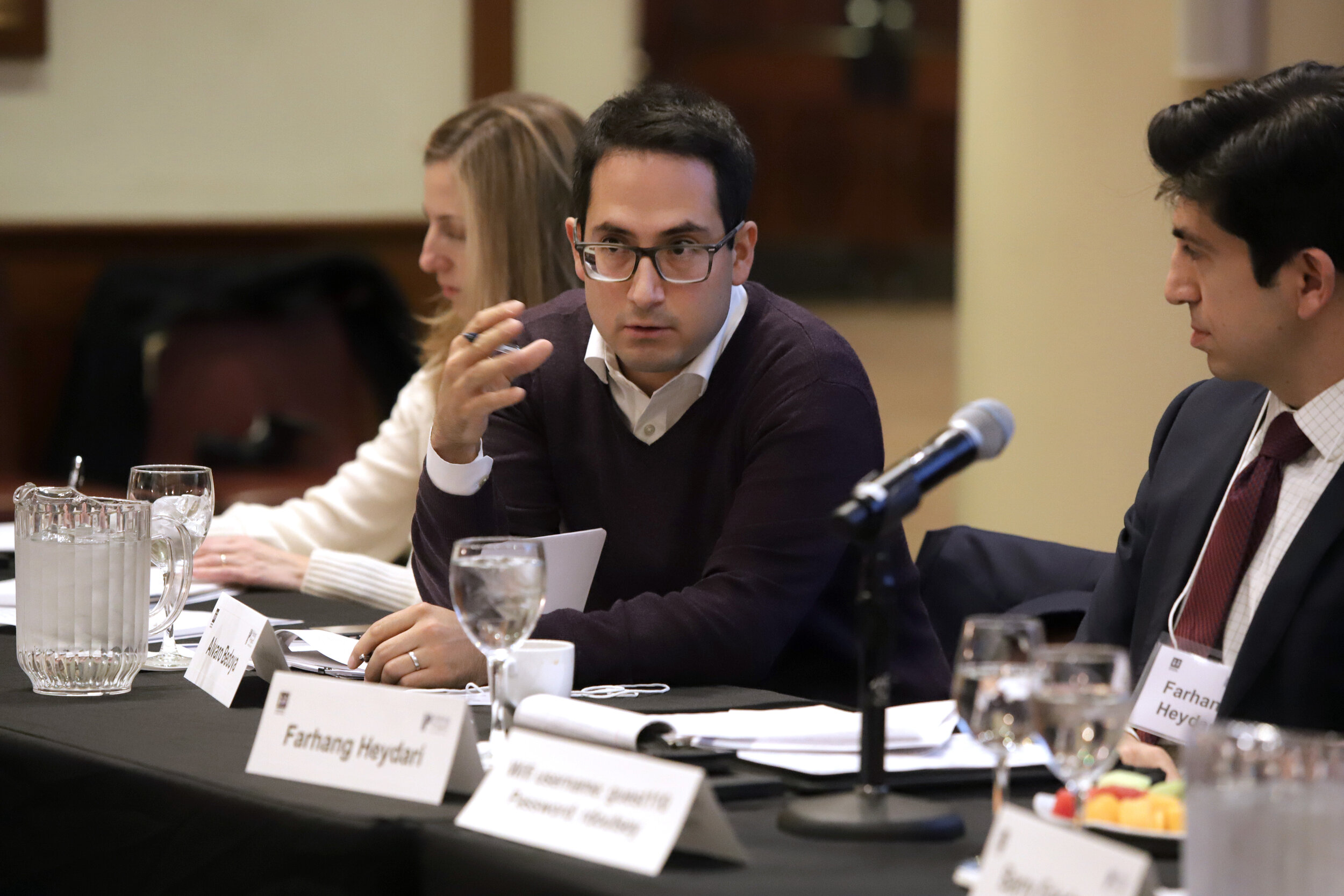
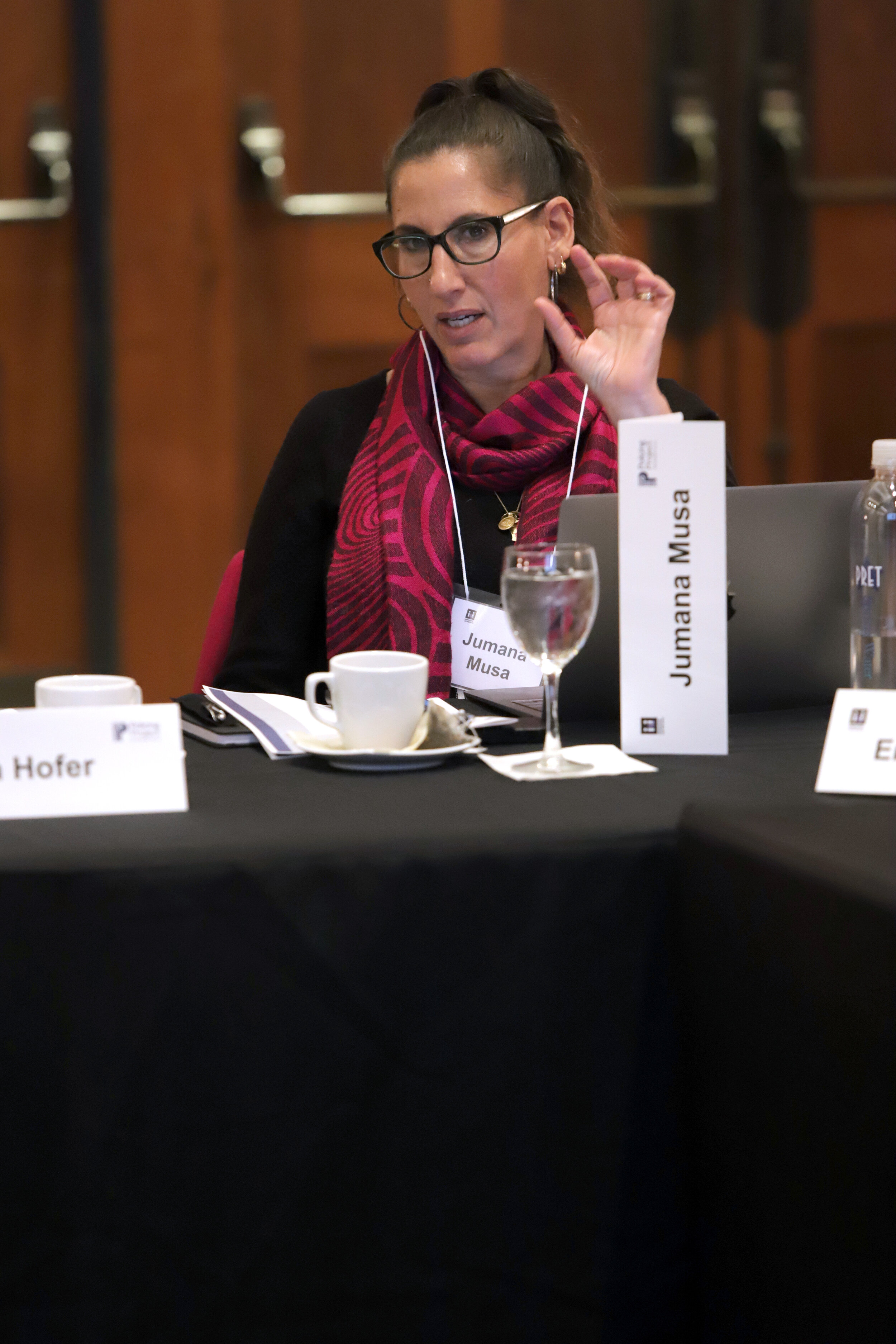
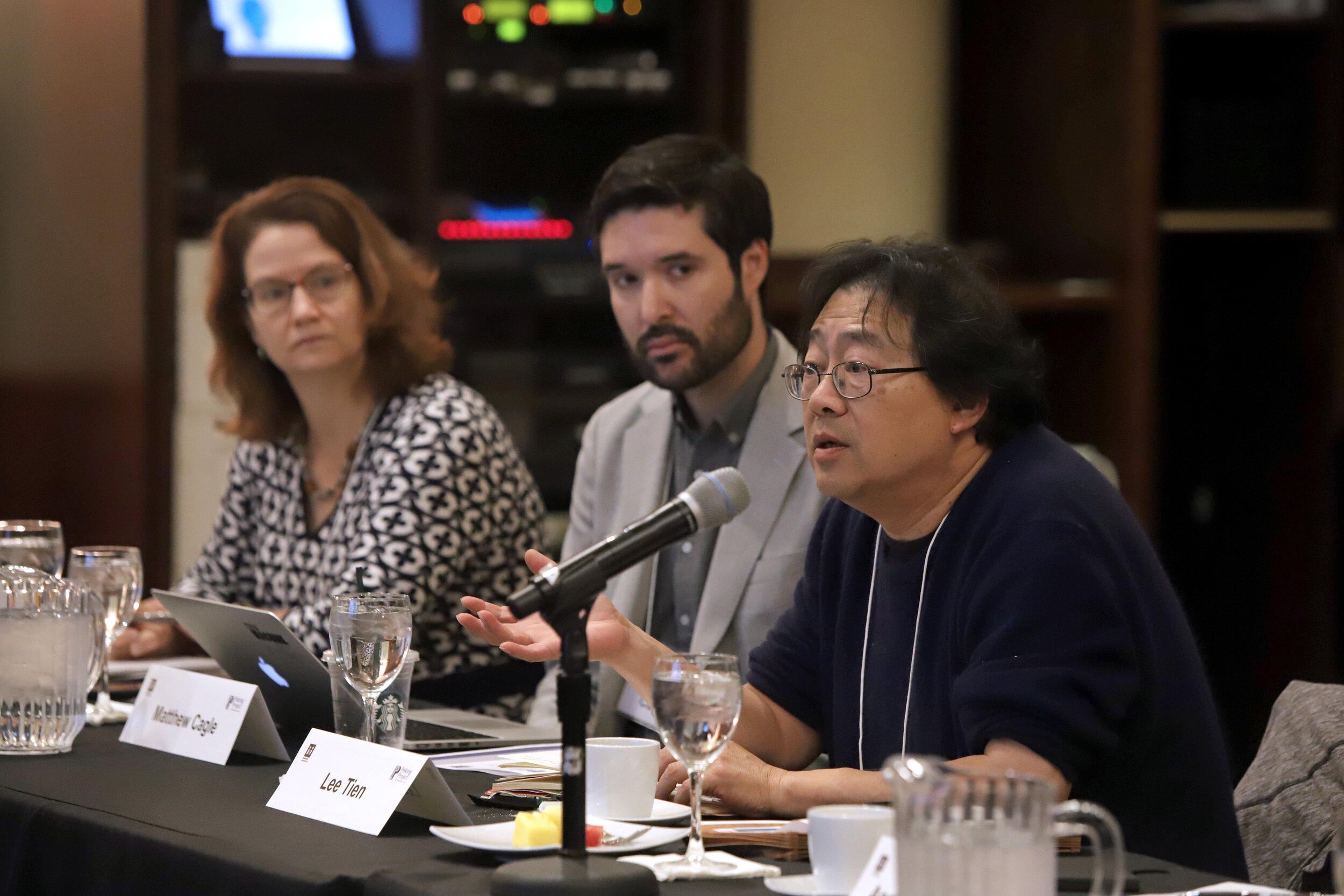
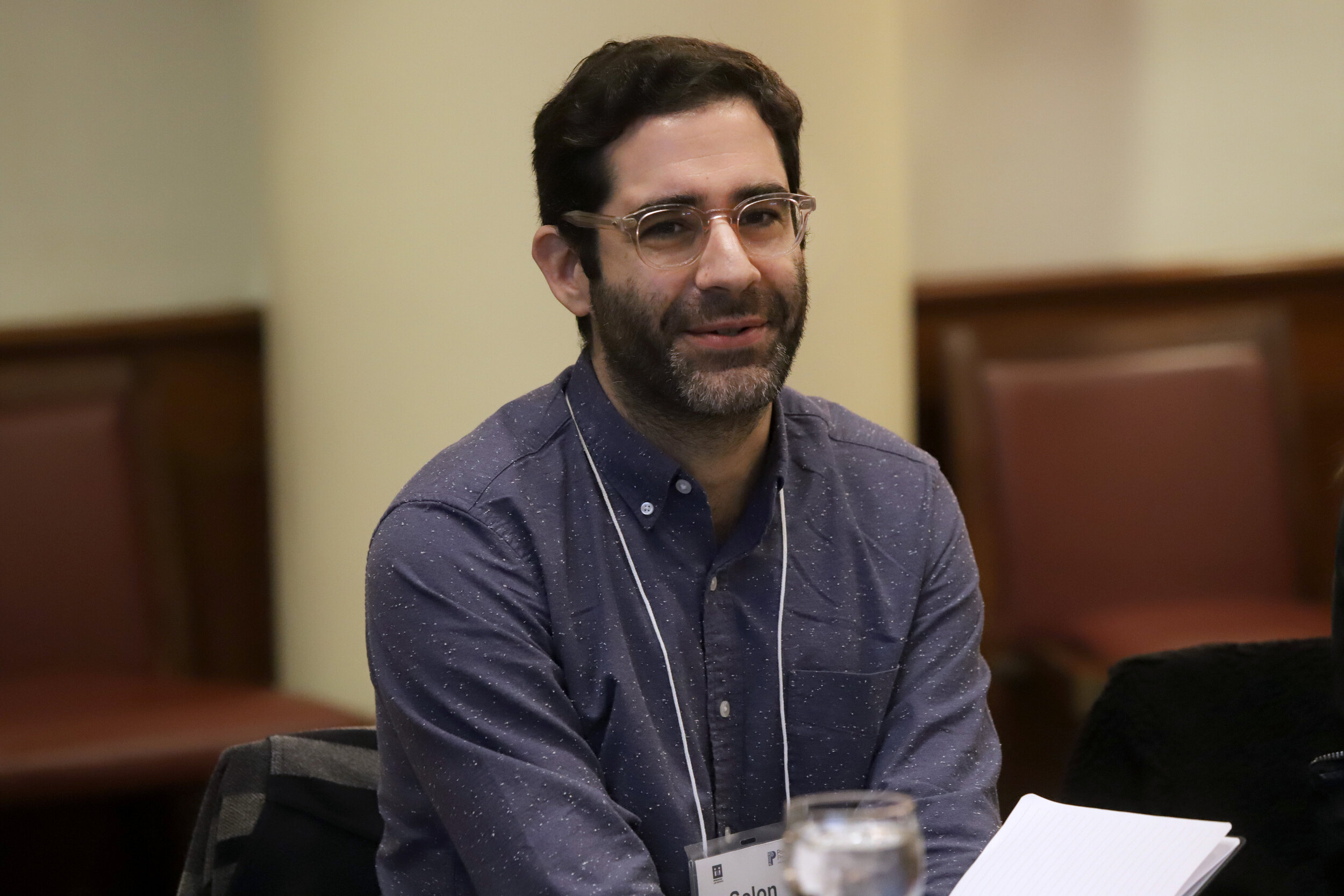
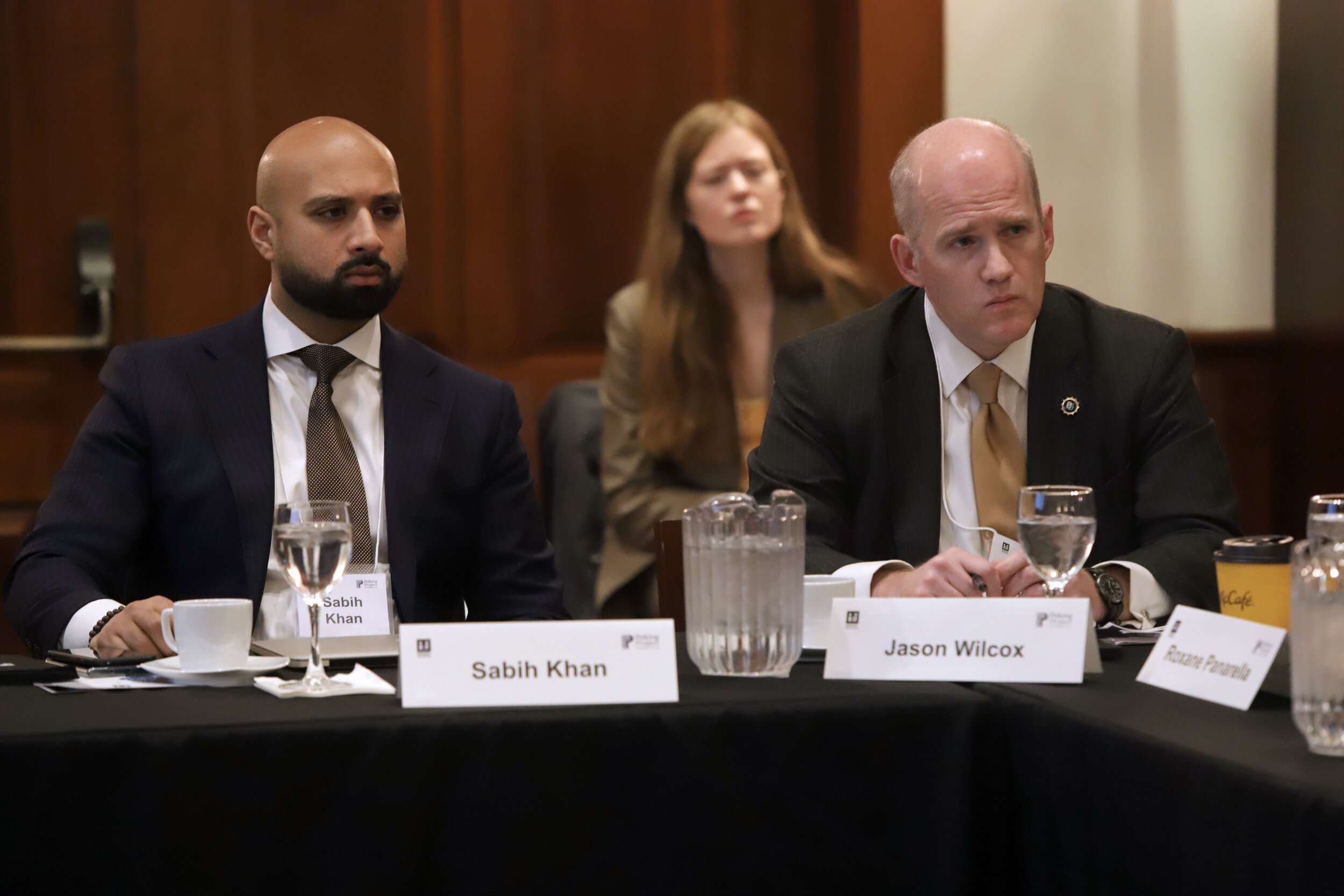
As part of our ongoing work to promote the ethical use of policing technology, the Policing Project is hosting a series of closed-door salons to work through some of the most difficult questions we face. Made possible through support from Microsoft, the salons enable us to vet our projects and discuss pressing issues around law enforcement’s use of technologies with a diverse set of experts, including privacy advocates, technology vendors, police chiefs, academics, legal experts, community leaders, and government officials.
Below, we offer summaries of these discussions, presented under a modified Chatham House Rule without attributing a particular viewpoint to any individual. To date, our technologies salons have included:
- Use of Drones, Robots, and Other AI Tools for Law Enforcement (January 2024)
- Virtual Salons: Electronic Surveillance; Crime Forecasting and Predictive Policing (Fall/Spring 2020-2021)
- Using Facial Recognition for Law Enforcement in the U.S. and Europe (March 2020)
- Regulating Facial Recognition (November 2019)
- Legislative Regulation of Policing Technology (October 2019)
- Regulating Policing Technologies (September 2019)
USe OF DRONE, ROBOTS AND OTHER AI TOOLs FOR LAW enforcement (January 2024)
We hosted a Tech Salon on law enforcement use of drones, robots, and other AI tools. We brought together a broad range of stakeholders, including civil rights advocates, law enforcement leaders, technology vendors, and policymakers. In the morning salon, experts vetted our proposed policy framework governing police use of ground robots and aerial drones, that will eventually serve as a model for future policymaking. In the afternoon, we shared our work on a regulatory framework aimed at ensuring the responsible use and deployment of AI-enabled tools in the criminal justice system. The group explored the best path forward for regulation, pushing us toward our goal of creating a framework that moves beyond principles and serves as a template for action.
Virtual Salons: Electronic Surveillance; Crime Forecasting and Predictive Policing
The Policing Project Tech Salon Series continued in a virtual format during the COVID-19 pandemic. The Fall-Spring 2020-2021 salon series gathered academics, advocates, law enforcement and government officials, and industry representatives to discuss pressing issues relating to the ethical use of policing technologies. Discussion summaries for each virtual salon are available below:
Social Media Monitoring (December 8, 2020)
Crime Forecasting and Predictive Policing (March 9, 2021)
Transparency Issues in Electronic Surveillance (March 16, 2021)
Participants at the Crime and Predicative Policing virtual salon
Roundtable attendees at the Microsoft Brussels Center in Belgium.
Using Facial Recognition For Law Enforcement in the U.S. and Europe
In a special international entry to our salon series, the Policing Project, Vrije Universiteit Brussel (VUB) and the Multidisciplinary Institute in Artificial Intelligence (University Grenoble Alpes) hosted a one-day roundtable at the Microsoft Brussels Center in Belgium. Policymakers, regulators, citizen advocates, industry representatives, law enforcement officials, legal scholars and technologists gathered for in-depth engagement about practical policy responses to facial recognition’s potential benefits and dangers.
The focus of the discussion was how to regulate facial recognition in Europe. The convening also represented a unique opportunity to compare American and European approaches to regulating police use of the technology and its data. Coming soon will be a readout and a set of recommendations.
Hanna Wallach from Microsoft Research New York and Professor Jason Schultz from NYU School of Law.
Regulating Facial Recognition (November 2019)
To conclude our Fall 2019 salon series, the Policing Project and the Information Law Institute at NYU Law hosted a discussion of the regulation of facial recognition. Several jurisdictions are using facial recognition to aid law enforcement—from helping identify suspects and witnesses, to locating missing children. At the same time, other jurisdictions have banned facial recognition outright, fearing the potential for abuse of such technologies, and warning of the severe invasion of privacy posed by such systems.
There are sharp societal disagreements on where to draw the lines between acceptable and unacceptable uses, and many pressing questions that remain, including: How do we measure and ensure that facial recognition is reliable and unbiased? What are acceptable law enforcement uses of this technology, and what uses go too far? How do we regulate the data and databases used to train algorithms, and the databases against which faces are matched, to ensure fairness and equal justice?
Tucson Police Chief Chris Magnus and Shotspotter CEO Ralph Clark at our November 2019 salon.
Legislative Regulation of Policing Technology (October 2019)
Our second salon discussed lessons learned from one approach to regulating policing technologies—the ACLU’s Community Control Over Police Surveillance (CCOPS) model statute. CCOPS was drafted nearly four years ago, as a guiding framework to bring transparency and front-end accountability to the acquisition and use of new information gathering technologies by law enforcement, as well as to evaluate existing uses of police technology.
The salon also considered two model statutes drafted by the Policing Project, both designed to bring front-end accountability to the use of policing technology: (1) Our Authorized Police Technologies (APT) Act, which builds from CCOPS, but streamlines some of the more onerous requirements in order to encourage broader adoption; and (2) our Authorized Databases and Police Technology (ADAPT) Act, which would regulate the use of policing databases along with policing technologies.
Our working drafts of the APT Act and ADAPT Act are available for public review. We welcome interested parties to read them, use them and contact us with any questions you have.
Microsoft President Brad Smith, Policing Project Faculty Director Barry Friedman, and NYPD Commissioner James O’Neill.
Regulating Policing Technologies (September 2019)
Our inaugural salon, began with a discussion of Microsoft President Brad Smith’s and Microsoft Communications Director Carol Ann Browne’s new book, Tools and Weapons: The Promise and Peril of the Digital Age, which explores balancing “the good” of technology—such as promoting democracy, increasing safety, or helping disseminate information—with the need for transparent and ethical regulation.
Drawing lessons from Microsoft’s own experience with issues of accountability and both industry and government regulation, this salon touched on broader issues relevant to future salons, including: How do we balance the interests of public safety and the risks to privacy? Is banning certain uses of technology the most effective or useful way to regulate the field? How do we balance the need to keep some police methods secret against the desire for transparency and accountability? What are guiding principles that could guide future conversations around law enforcement use of emerging technologies?





